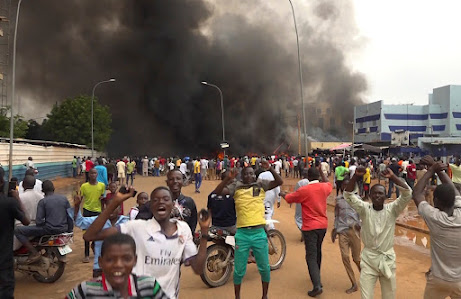By Dele Sobowale
“An activist is not a man who says the river is
dirty; an activist is a man who steps forward to clean the river.” — Chief Gamaliel
Onosode.
Very few people now recall that the famed Onosode ran for the Presidency in 2007. Asked why an activist and already accomplished man like him wanted to go into the dirty waters of politics, the quote above was his reply. He did not win the election but he left food for thought or thought for food in that statement which I just re-discovered in my archive, buried since 2007.
The statement gave me an idea which had been developing in my mind for ten years which I once observed working well in India in the 1980s. When the Indian Prime Minister, Nehru, prohibited food importation, he also declared that “India should starve, if India cannot feed herself.” It was a bold measure which made India the largest producer and second largest exporter of food globally. A nation which could not feed 400 million people now takes care of the food needs of 1.4 billion and still exports to the rest of the world.







